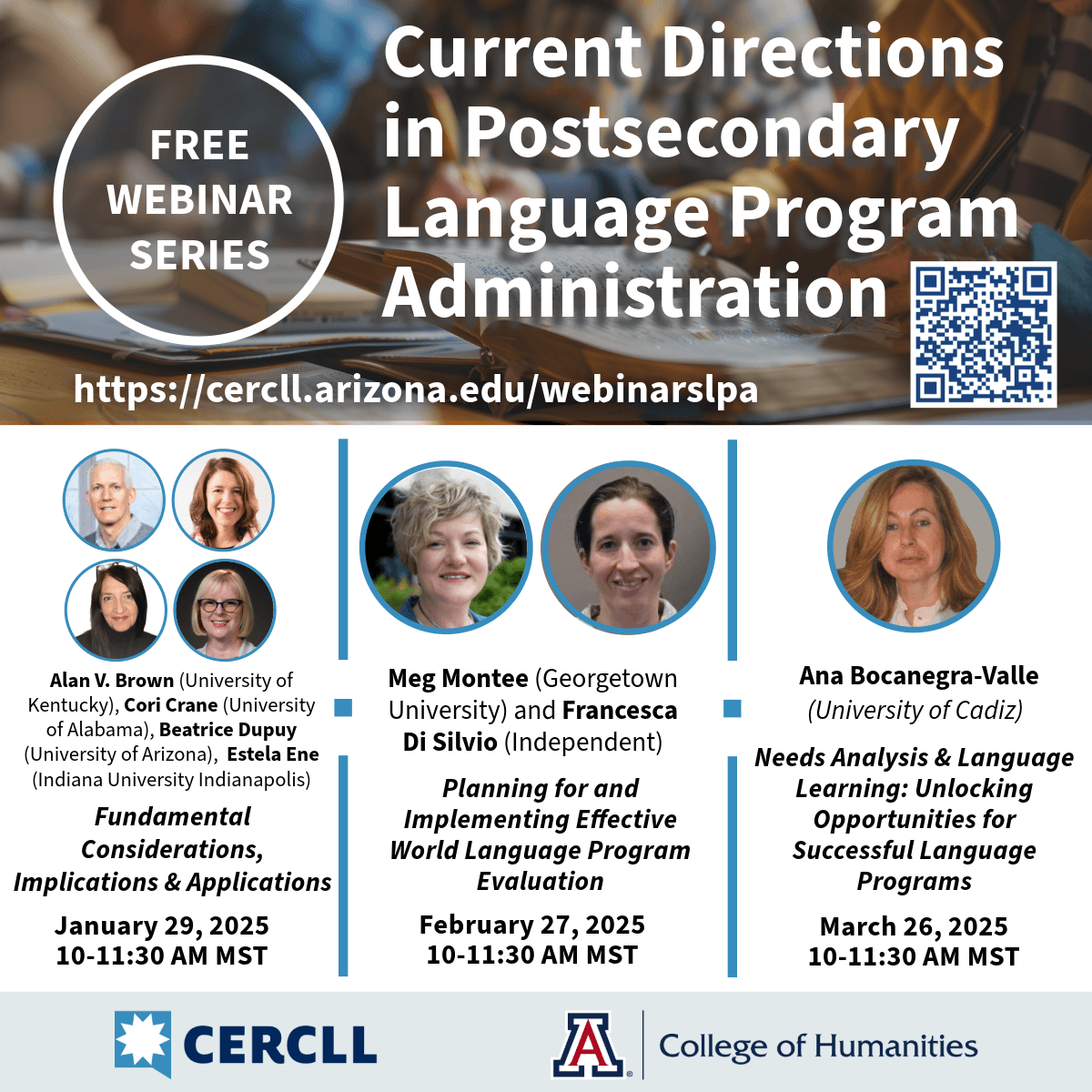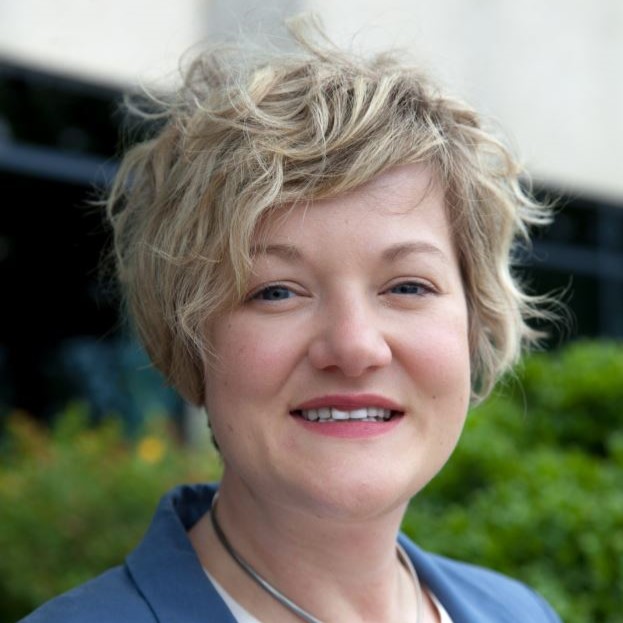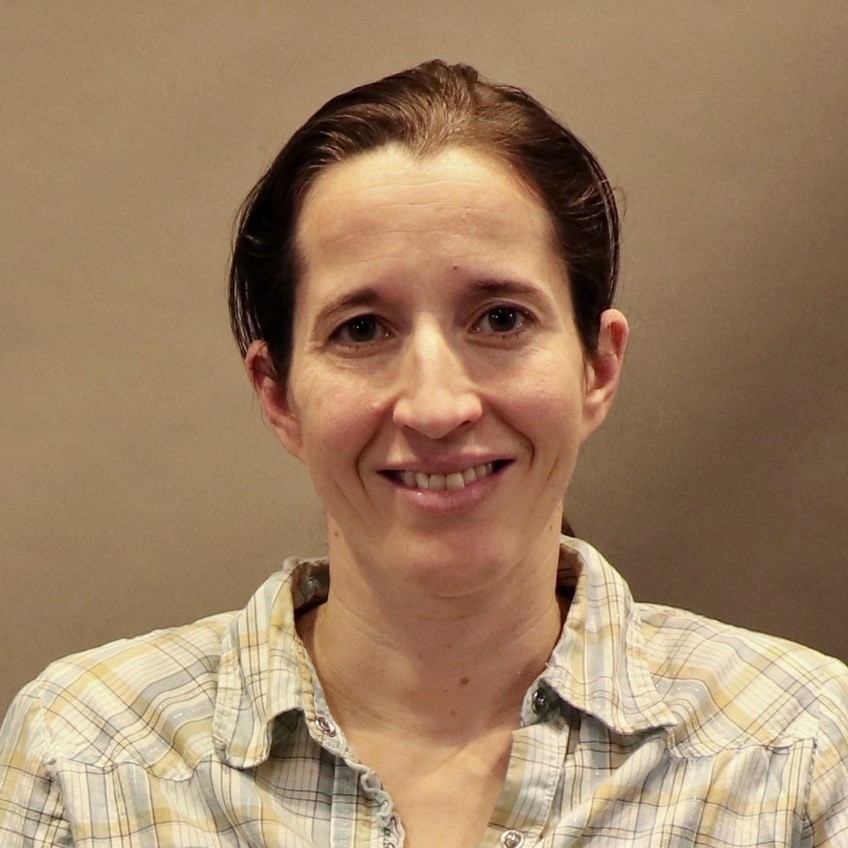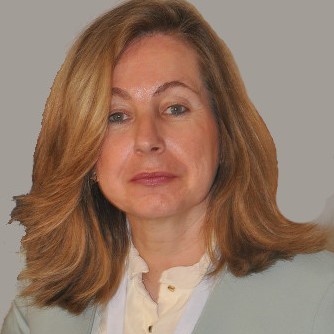
Current Directions in Postsecondary Language Program Administration
This series was planned to coincide with the publication of a new book forthcoming in 2025, The Routledge Handbook of Language Program Development and Administration, the editors of which (one of whom is CERCLL Director Beatrice Dupuy) will present the first, introductory webinar. The series will delve into some of the 52 chapters in this volume, to focus on practical issues in language program development and administration.
These webinars also tie into the Language Program Direction self-study modules on which CERCLL collaborated with the Center for Advanced Research on Language Acquisition (CARLA).
Click on the titles below to access the recordings, slides and resources for the webinars in this series.
You can also view all the recordings in our YouTube webinar playlist!

Alan V. Brown (University of Kentucky), Cori Crane (University of Alabama), Beatrice Dupuy (University of Arizona), and Estela Ene (Indiana University Indianapolis)
Current Directions in Postsecondary Language Administration: Fundamental Considerations, Implications, and Applications
In this webinar, presenters:
- explore the research-practice connections in the work of LPAs
- address these two questions:
- What kind of research is needed to help program administrators develop language programs and manage people?
- How, in turn, can LPDs, as practitioners working within the context of articulated language programs, help to advance theory and scholarship in applied linguistics and teacher education?
Some of what attendees told us they found most beneficial about this webinar:
I appreciate that the questions presenters posed addressed the questions and wonders that I occasionally had in my everyday practice of directing the language program and teaching language courses. Their book directs me to potential resources that may help me to answer these questions.

Meg Montee
(Georgetown University)
Planning for and Implementing Effective World Language Program Evaluation
This session gives an overview of principles of language program evaluation, including steps for planning, implementation, and reporting results. We focus on including key stakeholders throughout the evaluation to ensure their perspectives are addressed. Through program evaluation scenarios and practical examples, including from the US K-12 context, we will discuss how programs can maximize the credibility and usefulness of evaluation results. Finally, we will discuss methods for qualitative and quantitative data collection, including focus groups, surveys, and interviews, and share free resources for additional learning. The session will support world language educators in conducting program evaluation as part of a cycle of evidence-based decision-making and program improvement.

Francesca Di Silvio
(Independent Contractor)
Some of what attendees told us they found most beneficial about this webinar:

Ana Bocanegra Valle
(University of Cádiz, Spain)
Needs Analysis and Language Learning: Unlocking Opportunities for Successful Language Programs
This webinar aims to familiarize newcomers with the concept of needs analysis while offering valuable insights to experienced teachers. It will begin by defining the key constructs of “needs” and “needs analysis”. It will then provide a concise overview of the historical evolution of needs analysis and its pivotal role in shaping language programs across diverse learning contexts. After that, the focus will be placed on the practicalities of conducting an effective needs analysis, exploring the key steps in the process, identifying the participants, and examining the methods and instruments that have proved to be useful for collecting and analyzing needs data. Examples of needs analysis studies from current literature will be put forward to delve into the principles of needs analysis in real-world contexts, and also to highlight the strengths, weaknesses, and challenges of the process. To enrich the discussion, webinar participants will be invited to share their views and contribute their own experiences in the field.
Some of what attendees told us they found most beneficial about this webinar:
Most beneficial was the breakdown of the needs analysis process into a clear, five-stage framework (Acknowledgment, Planning, Development, Application, and Re-assessment). The webinar emphasizes the iterative nature of this process, making it manageable and adaptable. I also appreciated the discussion of the different types of needs (learning, target, subjective/felt, objective/perceived) and how they influence curriculum design.

